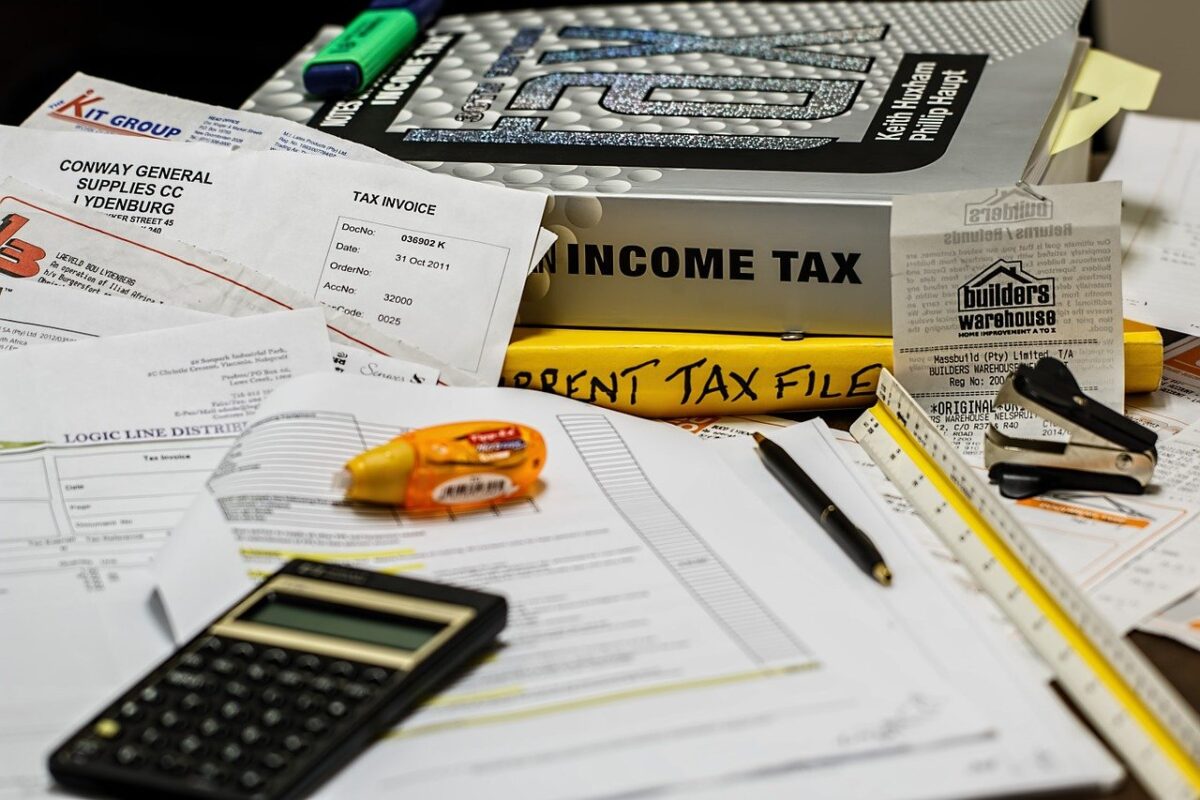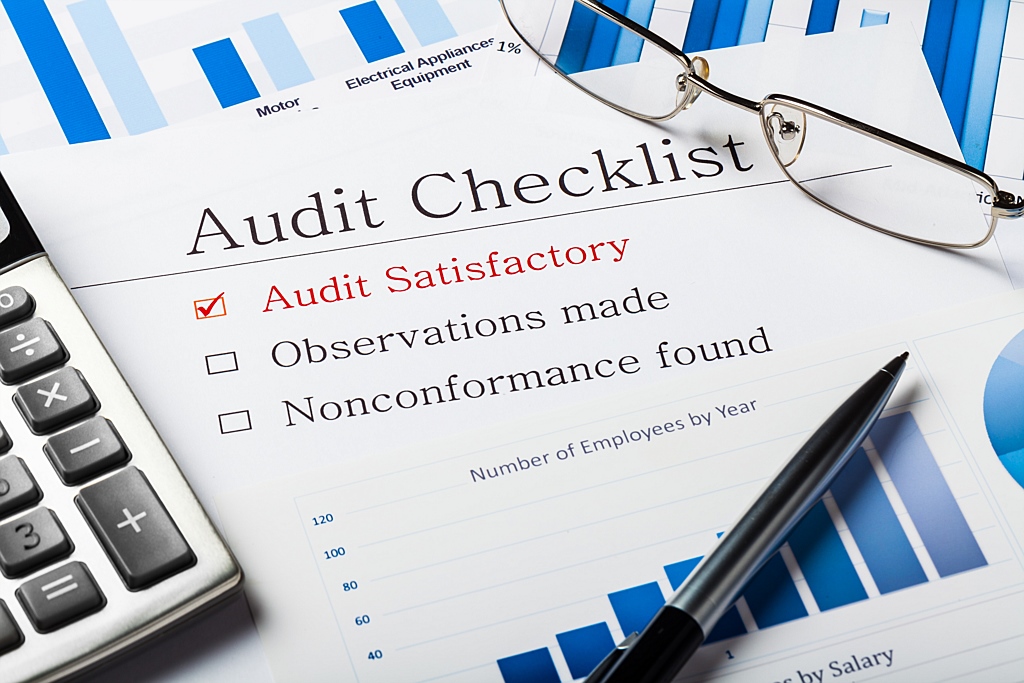Making a profit in a business is derived from several different areas. It can get a little complicated because just as in our personal lives, business is run on credit as well. Many businesses sell their products to their customers on credit. Accountants use an asset account called accounts receivable to record the total amount owed to the business by its customers who haven’t paid the balance in full yet. Much of the time, a business hasn’t collected its receivables in full by the end of the fiscal year, especially for such credit sales that could be transacted near the end of the accounting period.
The accountant records the sales revenue and the cost of goods sold for these sales in the year in which the sales were made and the products delivered to the customer. This is called accrual-based accounting, which records revenue when sales are made and records expenses when they’re incurred as well. When sales are made on credit, the accounts receivable asset account is increased. When cash is received from the customer, then the cash account is increased and the accounts receivable account is decreased.
The cost of goods sold is one of the major expenses of businesses that sell goods, products or services. Even a service involves expenses. It means exactly what it says in that it’s the cost that a business pays for the products it sells to customers. A business makes its profit by selling its products at prices high enough to cover the cost of producing them, the costs of running the business, the interest on any money they’ve borrowed and income taxes, with money left over for profit.
When the business acquires products, the cost of them goes into what’s called an inventory asset account. The cost is deducted from the cash account, or added to the accounts payable liability account, depending on whether the business has paid with cash or credit.
At Peavy and Associates PC our mission is to assist you with all your tax preparations, payroll and accounting needs. We provide our clients with professional, personalized accounting services and guidance in a wide range of financial and business needs. Give us a call today and discover why our clients return to Peavy and Associates, PC year after year!










